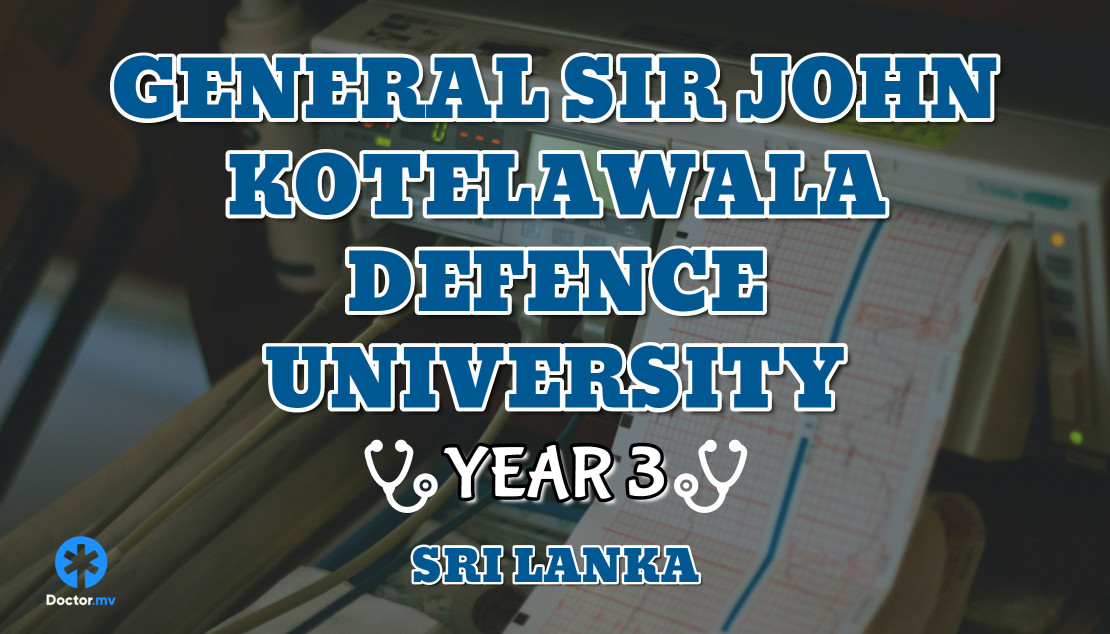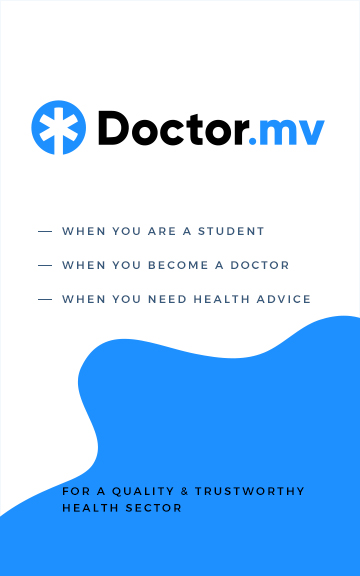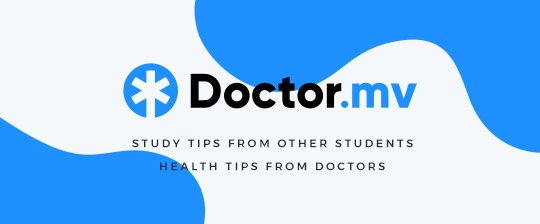I'm MOHAMED AARISH and this is My Medical Student Life

Nabeel Ibrahim
Published on: 25/10/2018
Third Year General Sir John Kotelawala Defence University Sri Lanka Mohamed AarishUniversity
General Sir John Kotelawala Defence University
Current Year
Third
Medical Specialty Interested in
Cardiology , Internal Medicine , Neurology , Paediatrics
One Word that Describes You
Positive
Most Intriguing subject in Medical School
Physiology
What was your path to Medical School like?
It is important to mention that the foundation for my education was laid by the amazing teachers and staff at Imaduddin School. I studied at Imaduddin School from 2002-2008 (grade 1 - 7). During those 7 years, I was taught a lot about life, growing up, manners, being kind and nice to people and being a good human being.
Afterwards, I joined Dharumavantha School for my Secondary Education (2009-2011). This is where I did my GCSE Ordinary level; I studied science subjects along with Economics. Since business is a field I am interested in and I wanted to learn more about business, economy and other economy related issues. I was very active in my primary and secondary education years, took part in a lot of extra curricular activities and was involved in school related matters.
Then I went on to Center for Higher Secondary Education (CHSE) 2012-2014 for my A’levels. I wasn’t very active, and was more focused on getting good grades. These 2 years were one of the best years of my life in terms of education.
After my A’levels I started working at ADK Hospital as a Clinical Assistant. I worked at ADK Hospital for roughly 8 months on and off. The main reason why I worked before joining Medical school was that, I wanted to know what it feels like to be a doctor, what their daily life is like, if its worth spending 5-6 years of your life and more years studying. During these 8 months my questions were answered (positively) and I didn’t want to change my mind about joining Medical school.
A couple of my workmates already applied and went to KDU while I was working and this is how I knew about KDU. And later on Sri lankan government officials visited Maldives and advertised the University. The Department of Higher Education recommended the university to us as well. I heard from my friends who were already studying in the university that the education there is good and they have state of the art equipment. They were happy with everything and they answered any questions I had. My documents were sent to the university and I got an offer.
What was the biggest difference between your expectations of entering Med School when you were doing A'level, and the actual experience of being there?
Well, this is a tough question. I imagined my Med life/Uni life like how it's in the movies or how it is like in University brochure pictures. Surrounded by very calm, cool outgoing people and no obstacles in my path.
The actual experience was/is nothing like that. To some extent it was, but now it’s very stressful; chasing sleep, drowning in lectures and worrying about the next exam. Med school isn’t a walk in the park, it’s hard, you need to stay focused and make sacrifices everyday. I didn’t know Med school would be like that during my A’levels. That being said, I have no complaints with the field I chose.
How is your daily routine like?
My daily routine on weekdays and weekends are completely different. Currently I am doing my medicine appointment so I have to be at the ward on or before 8 am. So I wake up at 6 am on weekdays, take a shower, have breakfast (rarely) and leave to the Hospital. Clinicals are over by 12 pm, then we have to go to university for lectures which are at 2 pm. Lectures are over by 5 pm most days.
By this time I'm fully drained, however I go to gym immediately after I get home. I spend around 1.5 hours maximum in the gym. I then come home, have dinner and study or read on clinical material and make notes on the histories I took that day. Sometimes I'm too tired to study, so I just sleep.
On normal weekdays I go to bed by 1 am. I don't really stay up studying, since I cant study at midnight. On weekends I sleep late at night and wake up late, meet up with my friends, go out to a new restaurant or a cafe, watch movies. Basically on weekends I 'chill', that is if I get a weekend free.
What kind of Medical Schools did you apply to and why?
I applied to Medical schools in the Asia region. This way, during my clinical years I would be exposed to the clinical cases and I would be familiar with common diseases in this region. It is important since I would be working as a doctor in the Maldives before I specialize.
Medicine requires a good deal of independent study. How have you managed this approach to learning in the past?
In the past we were mainly spoon-fed and now it’s not like that.
We need to find a textbook which we find easy to study. Not all recommended books are useful, and textbooks are very important now. I don't remember touching my Biology, Chemisty or Physics textbooks in the past, and even now they look brand new. However, the textbooks I bought in Medical school are already in bad condition. We should refer to textbooks using lecture notes as a guideline as to what is important. Lecture notes given by Professors and lecturers aren't enough most of the time.
Name your favorite medical text book.
Guyton and Hall textbook of Physiology - John E Hall
When you visit hospitals, do you get the chance to do more practical work, or is it more observation?
It’s 5% observation and 95% practical work for me. Might be different for others.
I talk to patients in my ward, take their histories, do the required examination by myself. I also complete my history and be ready with it in case the consultant asks to present the case. The only time we get to observe is when the consultant comes for ward rounds or when the house-officer comes for ward rounds. Other times we are asked to do procedures, like Cannulation and blood drawing.
Again, this depends on your posting, nurses and house-officers. But for me, I think its safe to say its more practical work and less observing.
What is the most effective way to study in Medical School?
Different people have different ways. I have friends who watch YouTube videos and study, who listen to the lecture and study and there are people who study in groups.
For me, it’s just reading the textbook and lecture notes along with doing past-paper questions (if I have time). We were told many times that group study is very useful in Medical school, but I can't study in a group as I am distracted and I have too much fun when I'm with people. Whatever helps you in studying is the most effective way; what works for me might not work for another person.
Do you need High grades to become a decent doctor?
This is arguable. In my opinion, having high grades is a good thing but it doesn't necessarily make you a decent doctor. So, No you don’t need high grades to become a decent doctor.
Finally, what is the one tip/advice you want to give to our readers?
Even though you feel like giving up at times, don’t give up. Have some hope and stay focused on your journey and keep working hard. Don’t let other peoples actions affect your peace of mind and be independent. You are on your own, be on your own!
The My Medical Student Life series was created for the sole purpose of helping medical students and aspiring doctors on their journey to become a successful Maldivian Healthcare Professional. Have a suggestion, idea or question? Email us.



Leave a comment
0 Comments